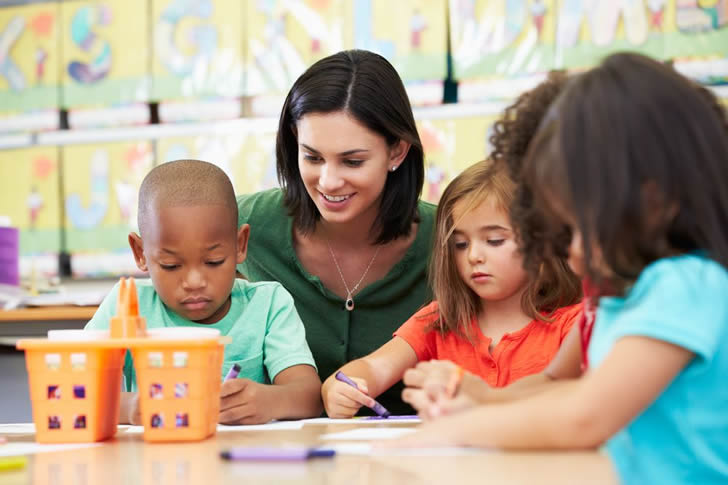Preschool programs play a crucial role in a child’s development, aiming to equip them with a wide range of skills before they enter regular school. These programs provide a conducive environment filled with fun activities that encourage exploration, discovery, and the expansion of thinking capabilities. They also address behavioral issues and instill good values and habits in children.
When choosing a preschool program, the quality of teachers is an important consideration. These programs can be publicly operated or privately operated, and the curriculum may vary. There is ongoing debate about the content and teaching methods used in preschool programs.
Advocates for an academic curriculum emphasize the development of basic skills such as language, numeracy, and structured learning activities. They believe that formal teaching methodologies yield significant results. However, critics globally argue against this approach, favoring a curriculum that supports a child’s overall development, including health, emotional stability, physical growth, spiritual well-being, social skills, intellectual development, and communication abilities with peers and parents.
Before a child joins school, there are certain skills they should ideally possess:
Social Skills: The ability to interact with new people, listen actively, and resolve conflicts with peers.
Language Skills: Comfort with using a variety of words for communication, including listening, articulating, and eventually developing writing abilities.
Attention to Details: The ability to pay attention to new events or objects, participate in simple activities, and listen attentively to peers.
Physical Development: Comfort with shapes and letters, preference for left or right-handedness, independence in undressing and using the toilet, and understanding food choices.
Cognitive Skills: Engaging in role-play, using props, participating in scientific experiments, and developing an understanding of numbers and words.
Creative Skills: Creating drawings with people, animals, and objects, and repeating complex sound patterns or melodies.
Problem-Solving Skills: Shifting attention from one activity to another and adapting to the behaviors of peers.
Preschool programs focus on various areas of development, including personality, social skills, emotional growth, communication, understanding of the world, creativity, mathematical ability, physical development, play, teamwork, self-help, and social skills.
Through play and interaction with peers, children learn to make informed decisions, control their emotions, empathize, negotiate conflicts, establish relationships, and develop essential life skills.




